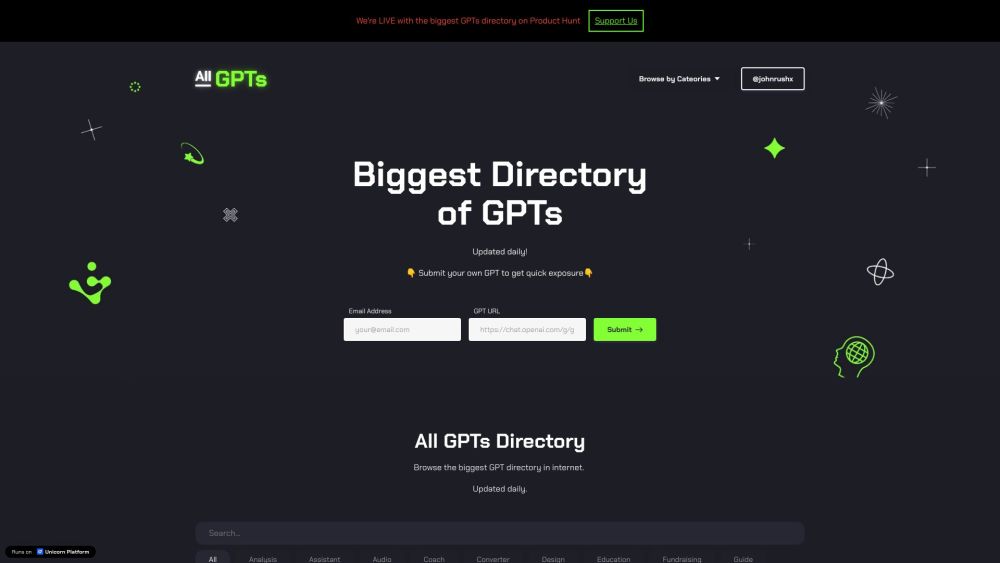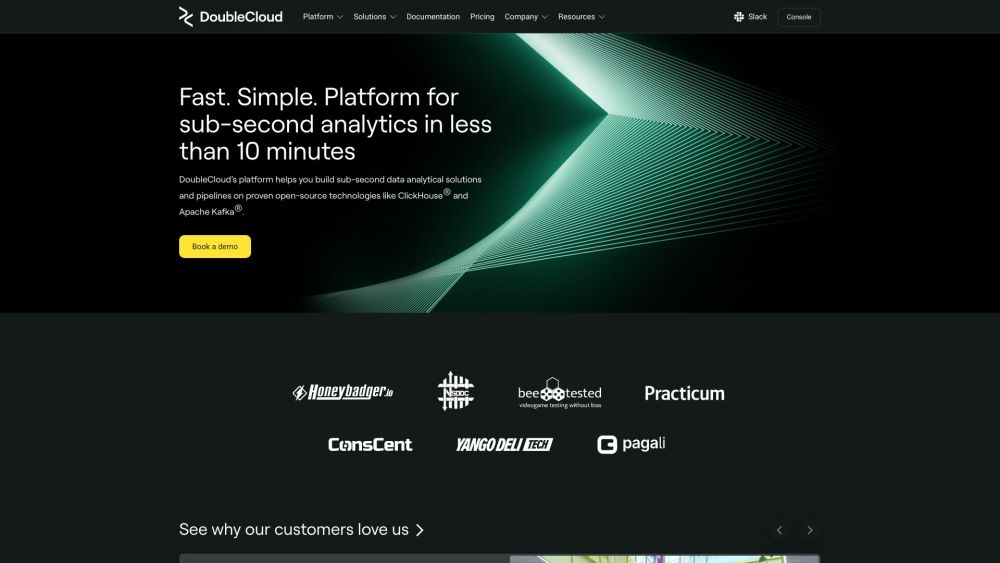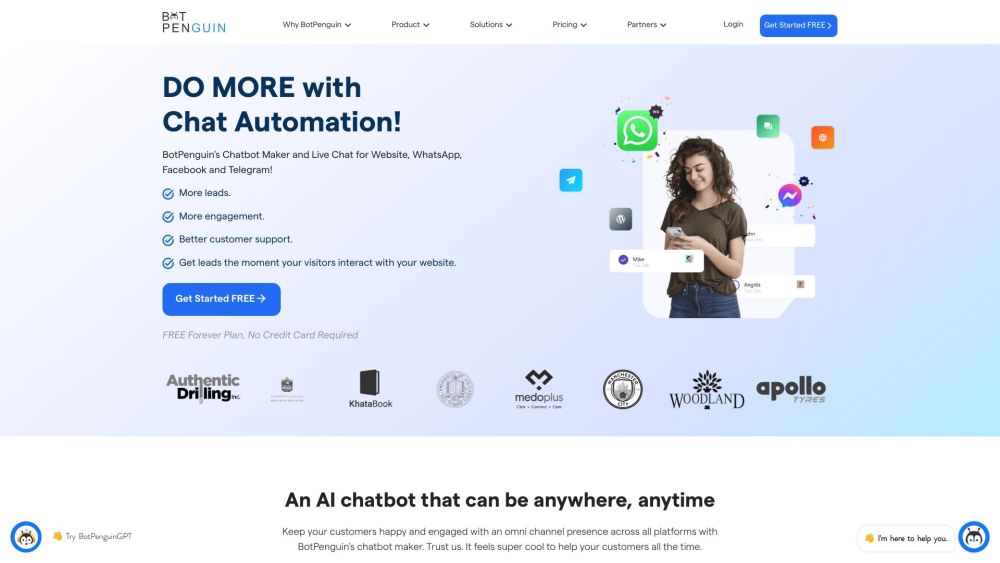On Thursday, Silicon Valley's renowned accelerator, Y Combinator, hosted the second Demo Day for its Summer 2024 cohort. As we saw on Day 1, a significant majority of startups this cycle are centered around artificial intelligence (AI). Yet, there are also a number of standout companies innovating in areas such as advanced drones, freight carpooling solutions, and sophisticated weather forecasting technologies.
Here’s a closer look at the companies that made a strong impression:
Entangl
What it does: Identifies errors in engineering projects, suggests solutions, and can autonomously implement fixes.
Why it’s a standout: Entangl has captured attention by engaging with Amazon CEO Andy Jassy about automating data center verification. With existing partnerships with AWS and Vodafone, this startup is well-positioned for growth.
Exa Laboratories
What it does: Develops energy-efficient chips designed specifically for AI applications.
Why it’s a standout: AI is notorious for its high energy consumption. Exa’s initial tests indicate that its chips can be nearly 28 times more energy-efficient than Nvidia’s H100s. These adaptable chips can be configured for various models via software, with a target market launch by early 2025.
Kopra Bio
What it does: Focuses on developing autoimmune therapies that target cancer cells.
Why it’s a standout: While existing autoimmune treatments like Keytruda have made significant advancements, there is room for improvement. Kopra Bio reports promising early results: most test animals survived over 250 days, compared to just 50 days with FDA-approved therapies. If similar results manifest in humans, it could revolutionize cancer treatment.
LedgerUp
What it does: Acts as an AI bookkeeper tailored for startups.
Why it’s a standout: LedgerUp aims to simplify bookkeeping by categorizing transactions, identifying unnoticed discounts and credits, and managing invoices and taxes seamlessly. It holds the potential to make traditional bookkeeping a thing of the past.
OrgOrg
What it does: Provides a suite of productivity applications for evolving organizations.
Why it’s a standout: Founder Wayne Crosby emphasizes efficiency, helping companies consolidate their app usage. His credible background—having led a previous company through Y Combinator in 2007, which was later acquired by Google to become Google Slides—will likely pique investor interest.
Oway
What it does: Introduces a carpooling concept specifically for freight transport.
Why it’s a standout: Inspired by services like Uber Pool, Oway allows small businesses to share truck space, lowering shipping costs while enhancing efficiency. It’s faster and more economical—what’s not to love?
Silurian
What it does: Develops a cutting-edge model for precise weather forecasts.
Why it’s a standout: Silurian’s founders previously contributed to Microsoft Research’s renowned Aurora weather model. Departing to create their own engine, they assert that their new model will surpass Aurora's forecasting accuracy as they build a comprehensive planetary simulation focused on weather prediction.
Theseus
What it does: Specializes in creating drones that resist jamming technology.
Why it’s a standout: Drones have significantly impacted modern warfare, proving invaluable for reconnaissance and strike operations. However, jamming poses a major challenge. Especially highlighted in the Russia-Ukraine conflict, Theseus claims that its drones can effectively evade such interference.
XTraffic
What it does: Uses AI to optimize traffic signals, reducing congestion and accidents.
Why it’s a standout: AI-managed traffic lights promise to enhance urban mobility. Currently operational in several Texas cities, XTraffic’s system could be a welcome relief for those stuck at lengthy red lights, especially in cities like mine, where traffic flow often feels inefficient.
With innovations spanning AI opportunities and beyond, this cohort demonstrates the promising future of startup technology.




